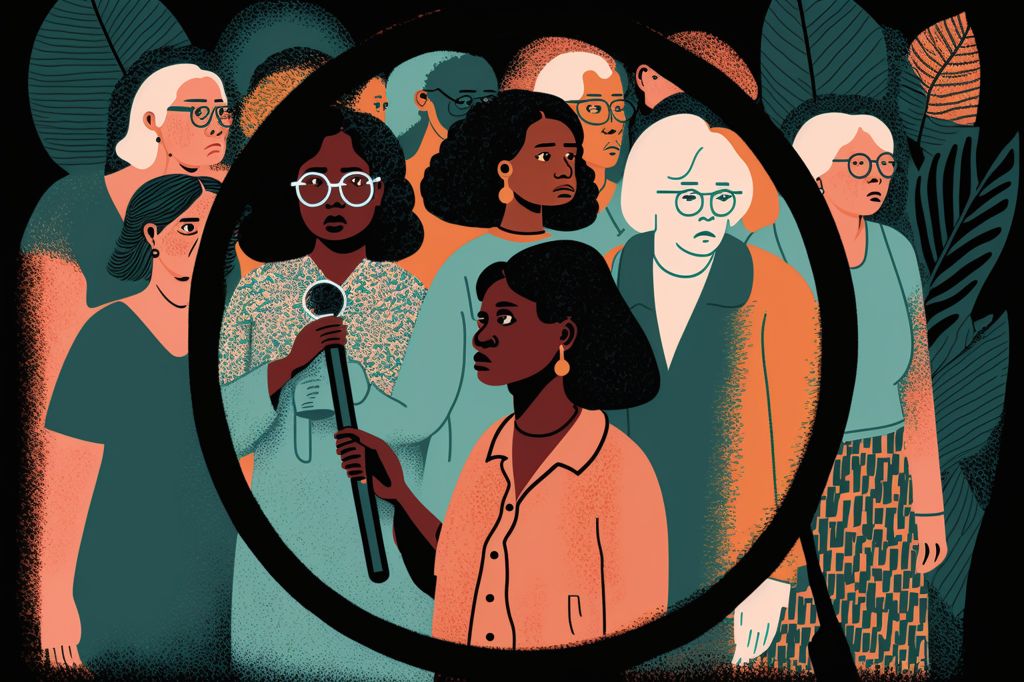More than a hundred sex workers and advocates gathered at the Department of Justice in Cape Town to demand the decriminalization of the sex work industry in South Africa. The demonstration, organized by the Sex Workers Education and Advocacy Task Force (SWEAT), aimed to raise awareness of the need for legal reform and support the passage of the decriminalization bill.
SWEAT, a non-profit organization advocating for sex workers’ rights and providing services to them for the past two decades, supports the total decriminalization of adult sex work in South Africa. The group’s goal is to create a society where people can engage in the business of prostitution safely with freedom, rights, and human dignity.
To achieve this, SWEAT uses a human rights-centered strategy, aiming to empower sex workers to become aware of their options and make choices that lead to a healthy and fulfilling life. The group believes that wellness is more than the absence of disease and includes the maintenance of mental and social well-being.
According to Mariska Majoor, Executive Director of SWEAT, “Decriminalisation would protect sex workers from police abuse, exploitation, and violence while promoting access to health services and empowering them to seek legal protection against human rights violations.”
The march was supported by the Global Network of People Living with HIV (GNP+), which challenges governments and other leaders to increase access to high-quality HIV prevention, treatment, care, and support services through evidence-based advocacy. The group recognizes the importance of decriminalizing sex work to reduce the risk of HIV transmission and improve the health and safety of sex workers.
The demonstration in Cape Town highlights the urgent need for legal reform and the decriminalization of sex work in South Africa. The efforts of SWEAT, GNP+, and other advocacy groups are crucial in promoting the rights and well-being of sex workers and creating a society that values human dignity and freedom of choice. As we celebrate Human Rights Month, let us remember the importance of supporting the most marginalized communities and fighting for justice and equality for all.








